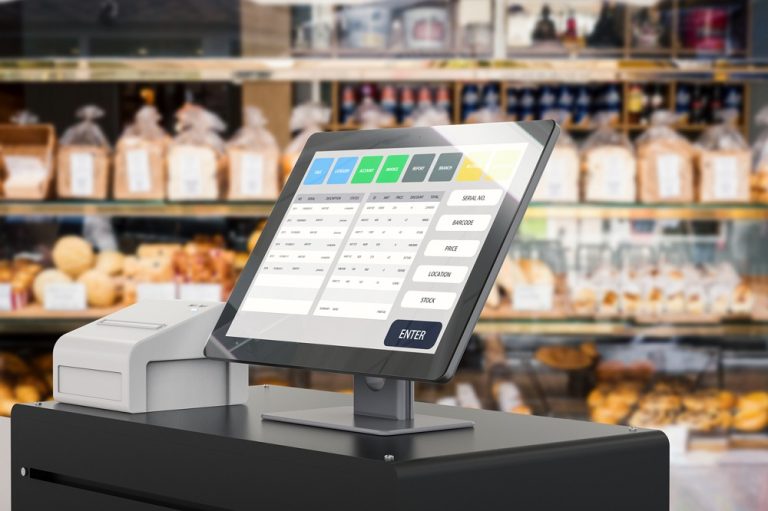A Point of Sale (POS) system is essential for managing transactions and streamlining operations in various businesses. There are different types of POS systems available, each tailored to meet specific business needs. Here’s an overview of the eight main types of POS systems and the common features they offer.
- Traditional POS Systems
Often found in brick-and-mortar stores, traditional POS systems include hardware like a cash register, barcode scanner, and receipt printer. They are reliable for handling large volumes of transactions and come with robust inventory management features.
- Cloud-Based POS Systems
These systems store data in the cloud, allowing access from any internet-connected device. They are popular for their flexibility, easy updates, and lower upfront costs. Cloud-based systems often include features like real-time inventory tracking and remote management.
- Mobile POS Systems
Mobile POS (mPOS) systems operate on smartphones or tablets, making them ideal for businesses that need to process transactions on the go, such as food trucks or market stalls. They are portable, easy to set up, and often come with features like mobile payments and digital receipts.
- Self-Service Kiosk POS
Commonly used in fast-food restaurants and retail stores, self-service kiosks allow customers to place orders or make purchases without cashier assistance. These systems enhance customer experience by reducing wait times and offering personalized recommendations.
- Touch Screen POS Systems
These systems feature touch screen interfaces, making them user-friendly and intuitive. They are commonly used in restaurants and retail stores, providing quick access to menus, inventory, and customer data.
- Multichannel POS Systems
Designed for businesses operating both online and offline, multichannel POS systems integrate sales channels to provide a seamless experience. They offer features like synchronized inventory management, unified customer data, and consolidated sales reports.
- Restaurant POS Systems
Specialized for the food and beverage industry, these systems include features like table management, split billing, and kitchen display systems. They help streamline order processing and enhance service efficiency.
- Retail POS Systems
Tailored for retail environments, these systems offer features like inventory management, customer loyalty programs, and employee management tools. They help retailers manage stock levels, track sales, and improve customer satisfaction.
Common Features Across POS Systems:
- Inventory Management: Track stock levels in real-time to avoid overstocking or stockouts.
- Sales Reporting: Generate detailed reports on sales, helping businesses make informed decisions.
- Customer Management: Store and manage customer data for personalized marketing and loyalty programs.
- Payment Processing:Support various payment methods, including credit/debit cards, mobile payments, and cash.
- Security Features: Protect sensitive data with encryption and secure access controls.
- User-Friendly Interface: Easy-to-use interfaces that require minimal training for employees.
Choosing the right POS system depends on your business needs, but understanding the different types and their features can help you make an informed decision.


